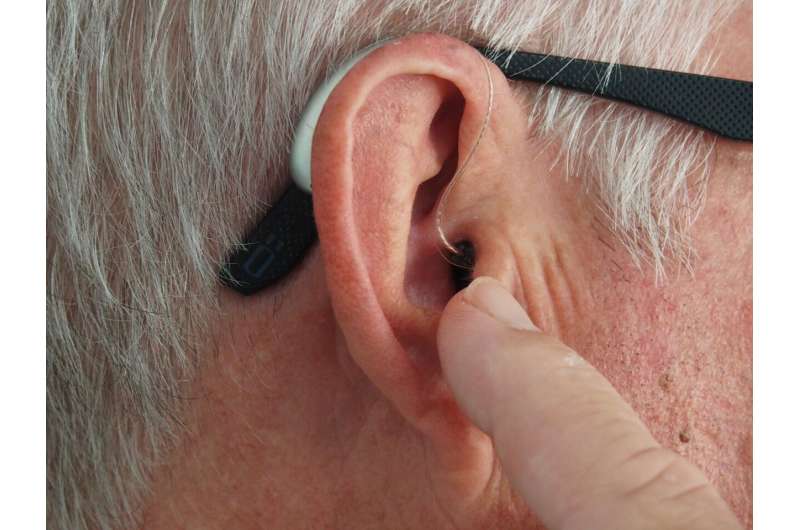AI Engineering of T Cell Receptors Boosts Precision Cancer Immunotherapy

AI-powered design of T cell receptor substitutes enhances targeting accuracy in cancer immunotherapy, paving the way for personalized, effective treatments.
Recent advancements in artificial intelligence (AI) have enabled the design of innovative T cell receptor (TCR) substitutes, potentially transforming cancer immunotherapy. Researchers have used AI tools to create high-specificity protein binders that can target peptide segments associated with cancer cells and other diseased tissues. These designer proteins act as molecular flags, guiding immune cells to recognize and attack abnormal cells more effectively.
In a groundbreaking study published in the journal Science, a team from the U.S. developed protein binders with precise recognition of peptide fragments on the surface of cells, known as pMHCI complexes. These complexes are vital for immune surveillance but are challenging to target naturally. Traditional methods to find suitable TCRs are costly and time-consuming, often requiring vast genetic libraries to achieve broad patient coverage.
To overcome these hurdles, scientists leveraged AI models—such as RFdiffusion and ProteinMPNN—built by the Institute for Protein Design. These models generated stable, small protein binders capable of extensively interacting with the peptide portion of pMHCI complexes, which indicate the presence of disease or abnormality. The AI-designed binders successfully recognized 11 specific targets, including those linked to tumors, HIV, and mutated cancer-related proteins.
These binders were integrated into chimeric antigen receptors (CARs), empowering T cells to target and eliminate cancer cells. Out of these, eight effectively activated T cells, with two demonstrating potent immune responses that could destroy targeted cells. The process was rapid and adaptable, allowing the generation of specific binders within weeks, paving the way for personalized therapies with reduced off-target effects.
This approach offers a promising avenue for tailored treatments against cancer and viral infections, leveraging AI to design effective and safe immune cell therapies. As this technology advances, it could significantly improve the precision and efficacy of immunotherapy, saving countless lives.
Stay Updated with Mia's Feed
Get the latest health & wellness insights delivered straight to your inbox.
Related Articles
New Insights into the Genetic Mutations Behind Weaver Syndrome
Researchers have revealed how mutations in the EZH2 gene actively disrupt chromatin regulation, driving Weaver syndrome and related overgrowth conditions. This discovery advances understanding of genetic and epigenetic factors in developmental disorders.
Combining COVID-19 and Flu Vaccinations Can Save Lives and Reduce Hospitalizations
Combining COVID-19 booster shots with annual flu vaccinations could significantly reduce hospitalizations and deaths, offering a simple and effective public health strategy.
Tirzepatide Shows Promise in Improving Blood Sugar and Reducing Weight in Youths with Type 2 Diabetes
A recent study reveals tirzepatide's potential to significantly improve blood sugar levels and promote weight loss in youths with type 2 diabetes, offering new hope for pediatric diabetes management.



